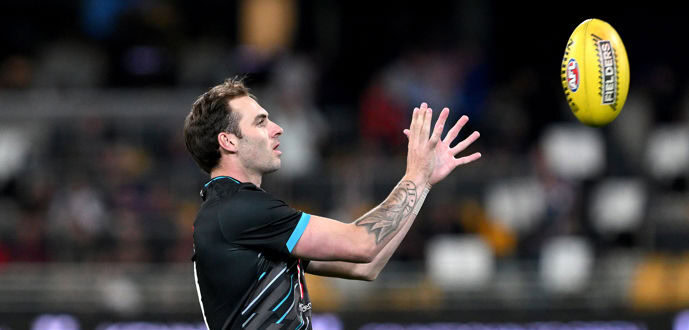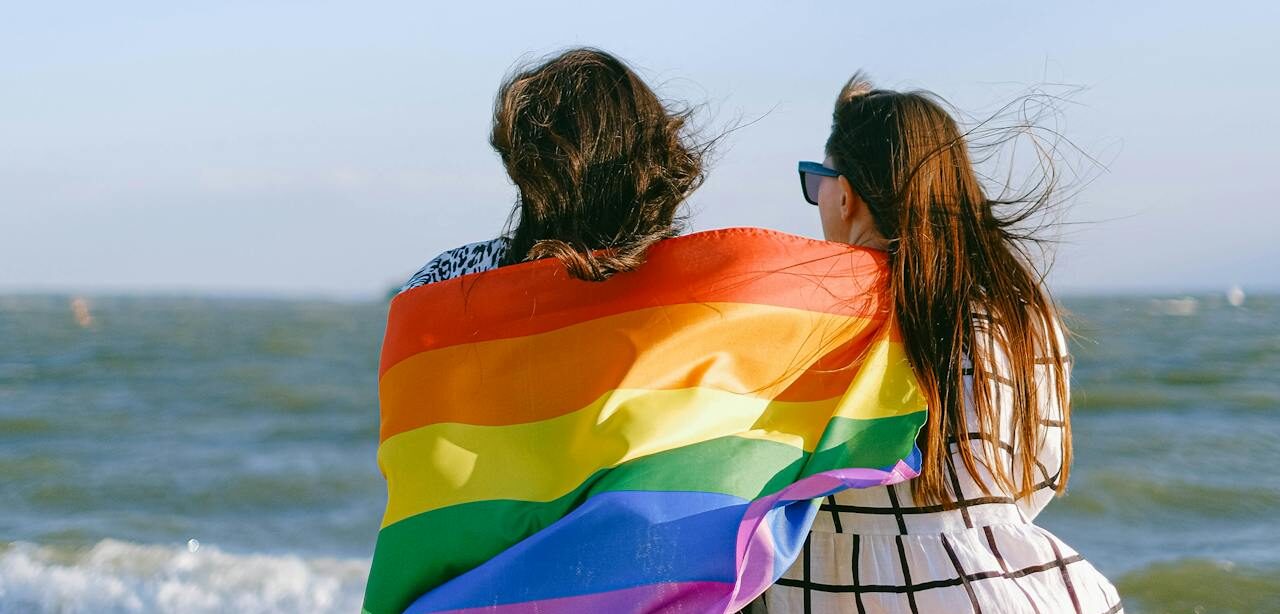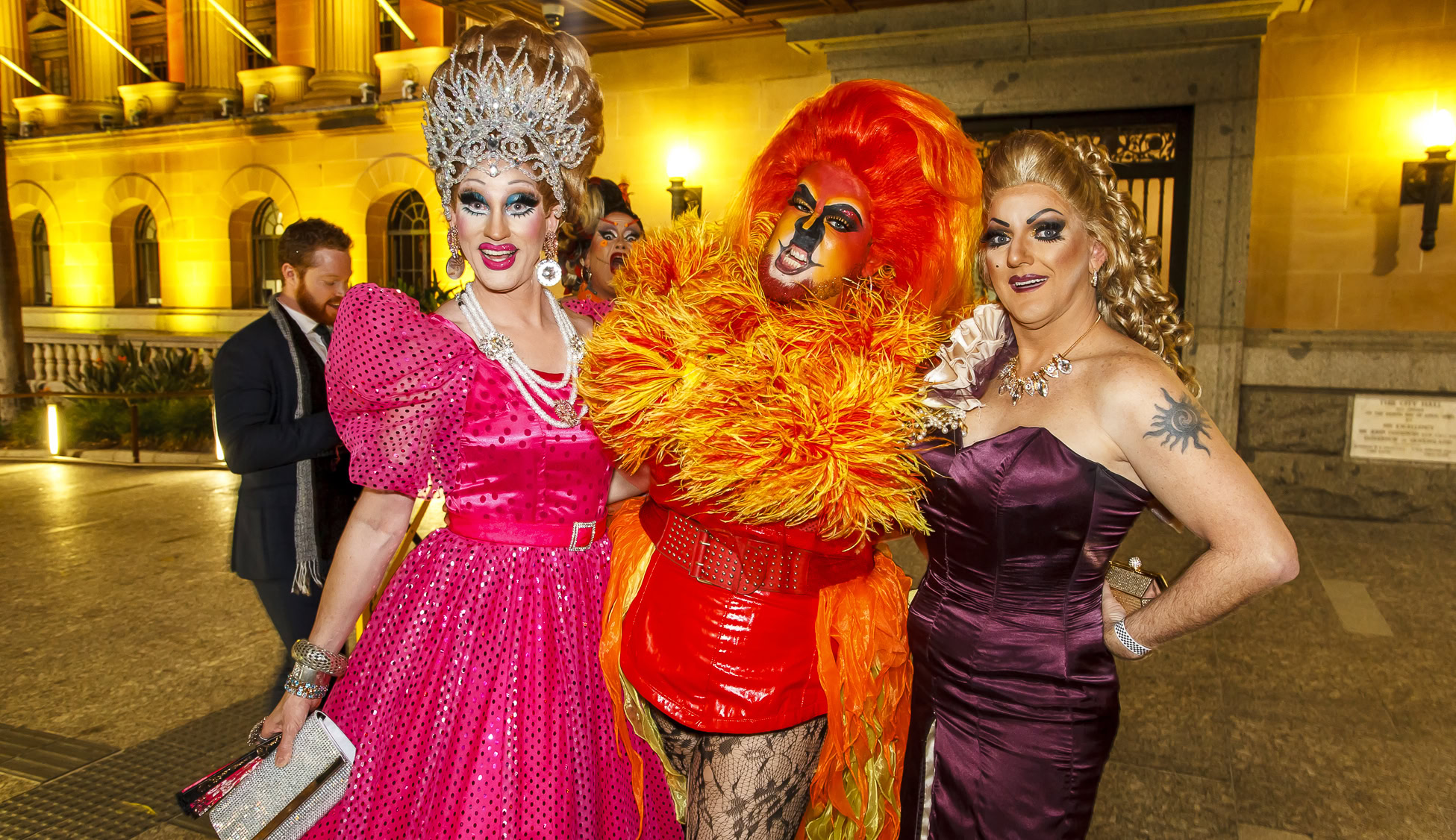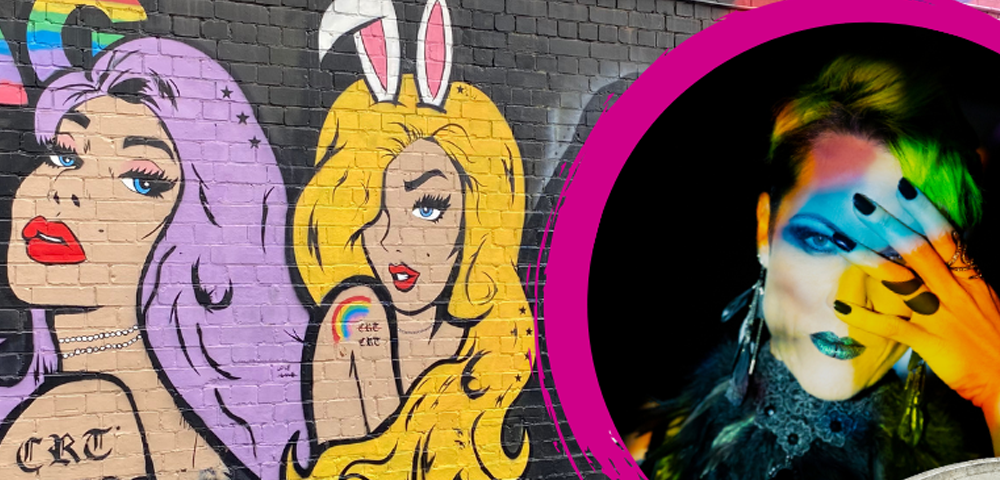
New push to remove barriers preventing trans* and intersex sport participation

DISCRIMINATORY rules and invasive investigations need to be swept away, say campaigners, with the launch of a major initiative aimed at removing barriers that prevent many trans* and intersex people from taking part in sports.
However, the Star Observer can reveal that organisers admit the process will be “incredibly complex” and will need the active input of the sporting codes, advocate groups and other stakeholders if it’s to be a success.
The new push comes in the wake of the gay rugby Bingham Cup-led initiative that saw Australia’s five major sporting codes sign on to the ground breaking Anti-Homophobia and Inclusion Framework.
Despite this, the framework specifically excluded trans* people, stating there were “important differences” between gender identity and intersex issues and issues affecting the lesbian, gay and bisexual community.
“The Bingham Cup code was the beginning of the process, not the end,” Australian Human Rights Commissioner Tim Wilson told the Star Observer.
“Breaking down the sporting barriers so everyone feels comfortable, confident and included is incredibly complex… [but] it’s a challenge we are looking to tackle head-on.”
The Human Rights Commission (HRC), Australian Sports Commission (ASC) and Play by the Rules — which encourages grassroots sports to tackle discrimination — are spearheading the project with briefings already held with groups such as Transgender Victoria, A Gender Agenda and OII Australia.
“Like with most legislative and non-legislative barriers faced by lesbian, gay and bisexual people, transgender and intersex inclusion present different sets of barriers that must be tackled,” Wilson said.
Transgender Victoria’s Sally Goldner said the exemption of competitive sport from elements of gender discrimination law created challenges for trans* players.
“For example, a trans* women might be able to play at a golf club non-competitively as a woman but on a competitive basis she might not be able to play unless as a man,” she said.
However, Goldner said in her experience “people are trying to do the right thing and simply need to know the details of what that is.”
Both Goldner and the HRC cited the Fair Go Sport initiative in Victoria as a starting point for a national program.
Focused on hockey, Fair Go Sport sought to increase LGBTI participation with one of the conclusions being a review of the ASC’s statement and guidelines on trans* inclusion.
“Anything that means you get rid of discrimination in a social and legal sense is the aim and working with the [sporting] codes would be beneficial to achieving that aim,” Goldner said.
Morgan Carpenter of advocacy group Organisation Intersex International Australia said intersex woman, in particular, faced discrimination with the most high-profile example being that of athlete Caster Semenya.
The South African middle distance runner told The Guardian she had been subject to “unwarranted and invasive scrutiny of the most intimate and private details of my being,” after competitors questioned her gender.
According to an analysis by the British Medical Journal last month, the International Olympic Committee currently mandates national sporting bodies to “actively investigate any perceived deviation in sex characteristics.”
“Some people think being intersex gives you this advantage over other women but it’s a furphy — it’s not true,” Carpenter said.
“Having discussions with sports bodies is positive and welcome,” added Carpenter, who said the ideal situation would be for “intersex people [to] be able to compete in their legal gender.”
Bingham Cup Sydney 2014 president Andrew Purchas said expanding the framework to include trans* and intersex was a priority.
“We are thrilled that the HRC has committed to take a leadership role in progressing the work initiated by the Bingham Cup,” he said.
“Bingham Cup Sydney will continue to be involved and provide assistance to the HRC, ASC and other GLBTI organisations.”
However, the Star Observer understands the recent budget process has slowed down the program’s progress with organisers unwilling to commit to a timeline for the initiative’s conclusion.










This is an incredibly complex issue which is muddied as much by realities as by perceptions. In competitive sport consideration must be given to fairness. I was a middle distance runner in the late 1980’s and early 90’s who came under considerable scrutiny after being “outed”. I underwent every test which could be devised which might measure my physiological capacities relative to running and I fell into the “female norms” and no unfair advantage could be determined. I could also say that some women can outperform some men, some women with very broad hips can beat some women with very narrow hips in a running race and we see the same things when measuring all the regular “norms” versus “outliers” in women’s anatomy and physiology.
Athletics Australia deemed that I should be able to compete up to Australian Championship level but beyond that it was up to the international body to make a determination, so I would never be chosen to represent. That was fine for me as I enjoyed my training, weekend interclub racing and State Championships events and had no other big aspirations.
So should we invite “open slather”? I don’t think so. It could easily be that there are many male to female transgender people who would fall outside enough of the norms that they would have to be deemed to possess an unfair advantage over other a significant number of women: to the point where we’d have to say it’s unfair in competition. I think that we have to be careful to balance fairness here. Of course we don’t want to create or compound the unhappiness which transgender people already experience and bring that misery into the field of sport and recreation too, but we also must balance that against the unhappiness caused to many other women who may feel that they are being cheated and not properly rewarded for their efforts. I’ve always thought that women’s sport should say “transgender women welcome” but with caveats on that. I think that when it comes to recreational sport there is no problem at all with transgender women competing and it should be encouraged. However, in competition, where “fun, health and fitness” is not the only motivation, we should have case-by-case determinations for athletes.
Hi Ricki,
Totally in support of you and always have been! Please contact me urgently [email protected] it’s Holly Moore who used to train with you! Email me and I’ll send through my number! Much love to you!!!